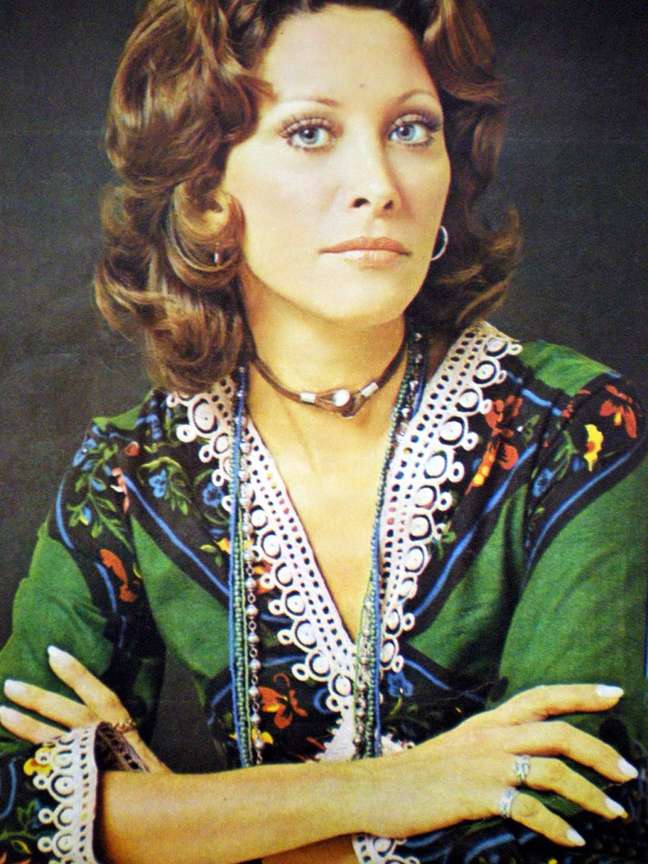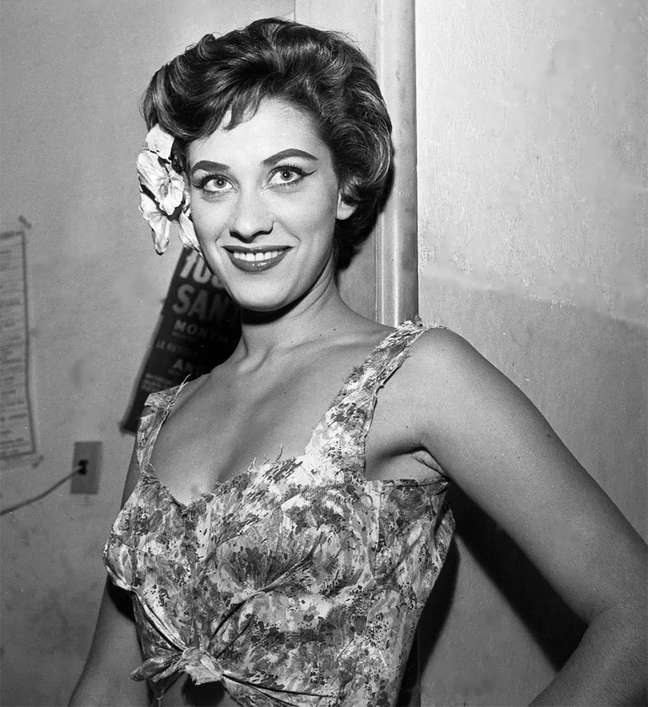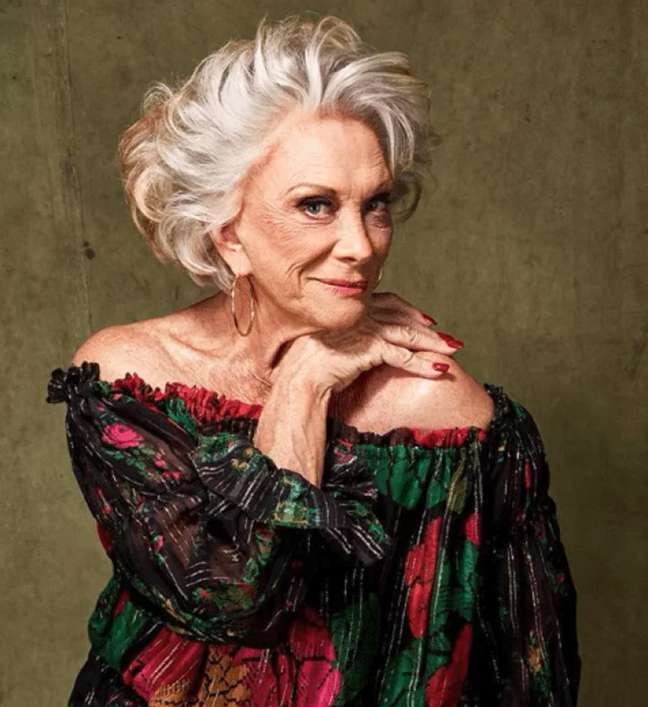
Actress Ilka Soares died on Saturday morning (18/6) in Rio de Janeiro. She was hospitalized at the São Vicente Clinic in the state capital, where she was being treated for cancer. She was born on June 21, 1932, she would have turned 90 on Tuesday.
With a career spanning more than seven decades, Ilka became a star in her teens. At the age of 15 she participated in a beauty contest promoted by the newspaper O Globo, where she captured the attention of director of photography Ugo Lombardi, father of Bruna Lombardi, and was invited to audition for the film “Iracema”, an adaptation of the classic opera by José de Alencar. The film was released two years later, in 1949, with Ilka Soares in the title role, “the virgin with the honey lips”.
The success of the production made it contested by the main Brazilian film studios.
He distinguished himself mainly in the productions of Atlântida, such as the chanchadas “Três Vagabundos” (1952) and “Pintando o Sete” (1960), together with the king of humor Oscarito, in addition to the drama “Maior Que o Ódio” (1951), in which he acted alongside the great heartthrob of the time, Anselmo Duarte.
The love story between Ilka and Anselmo ended up becoming a true love story. The two got married. But, united by the cinema, they also separated after living together on the screen. They maintained the collaboration in two other musical comedies – “Carnival on Mars” (1955) and “Depois Eu Conto” (1956) – and, around the release of the second, they disbanded.
Ilka also shone in the productions of the Vera Cruz studio, specialist in popular melodramas, starring in “Esquina da Illusion” (1953) and in the national blockbuster “Floradas na Serra” (1954), together with the first lady of the Brazilian theater, Cacilda Becker.
Famous and considered one of the most beautiful women in the country, she began to be in demand for magazine covers and advertising campaigns of the best brands, which made her one of the first (if not the first) supermodel in Brazil.
Recently opened in the country, the first Brazilian TV channel, Tupi, has insisted on choosing it in its most prestigious program, “Teleteatro Tupi”, directed by Fernanda Montenegro. The theatrical attraction was one of the biggest television hits of the 1950s, at a time when all programming was live.
In 1963 she married Walter Clark, an executive of TV Rio, who in December 1965 took over the general management of a new channel: TV Globo. The following year, she Ilka made her debut on Globo, replacing actress Norma Bengell in the presentation of the program “Noite de Gala”.
She was successful as a presenter and went through other productions, most notably the “International Song Festival”, shown at the end of the decade. But despite her extensive experience as an actress, she only went on to do soap operas with more than two decades of career and after her separation from Walter Clark.
She made her genre debut in 1971, in Braúlio Pedroso’s soap opera “O Cafona”, in which she played a sophisticated woman, the kind of character who would accompany her for the rest of her career.
From that point on, Ilka never stopped publishing soap opera after soap opera.
She tried to become the 22:00 queen, starring in four almost consecutive attractions at the time: “O Cafona”, “Bandeira 2” (1971), “O Bofe” (1972) and “O Espigão” (1974). But since “Anjo Mau” (1976) he found a new niche in the “novelas das sete”, breaking out with “Locomotivas” (1977), the first colorful production of the song, in the role of Celeste, a sexy forty year old (at era was rare on TV) who teamed up with an actor 15 years younger, heartthrob Dennis Carvalho.
Cassiano Gabus Mendes was the first Globo playwright to explore the actress’s comic skill, which he had honed in chanchadas. After “Locomotive”, Ilka became her talisman, appearing in many of her soap operas, such as “Te Contei?” (1978), “Elas por Elas” (1982), “Champagne” (1983) and “What king am I?” (1989).
He was so successful in comedic roles that, in the late 1970s, he joined one of the leading humorists in Globo’s history, “Planeta dos Homens”, along with established comedians such as Jô Soares, Agildo Ribeiro and Paulo Silvino.
Ilka, however, did not become a comedian and went on to act in soap operas, appearing in two simultaneous attractions between 1990 and 1991, “Rainha da Sucata” at eight and “Barriga de Aluguel” at six. Despite this, he has only made two other soap operas in a row: “Deus Nos Acuda” (1993) and “Pecado Capital” (1998).
The end of the cycle at the Globe allowed him to participate in the HBO series “Mandrake” and to return to the cinema. Since her debut on the channel, Ilka has made only one film: “Sleeping Ember”, in 1987.
It has resumed its interrupted cinematic trajectory with three new releases: “Copacabana” (2001), “Gatão de Meia Idade” (2006) and “Vendo ou Alugo” (2013). Betse de Paula’s comedy earned her the Best Actress award at the Cine-PE Festival at the age of 80, and it was also her farewell to the screen.
In 2018, Ilka made a new comeback in her career, returning to modeling at the age of 86, in photos of the launch of a collection of The Paradise brand, developed by nephew and stylist Thomaz Azulay. One of these can be seen below, along with an image from the actress’s golden age of cinema.


Source: Terra
Camila Luna is a writer at Gossipify, where she covers the latest movies and television series. With a passion for all things entertainment, Camila brings her unique perspective to her writing and offers readers an inside look at the industry. Camila is a graduate from the University of California, Los Angeles (UCLA) with a degree in English and is also a avid movie watcher.







